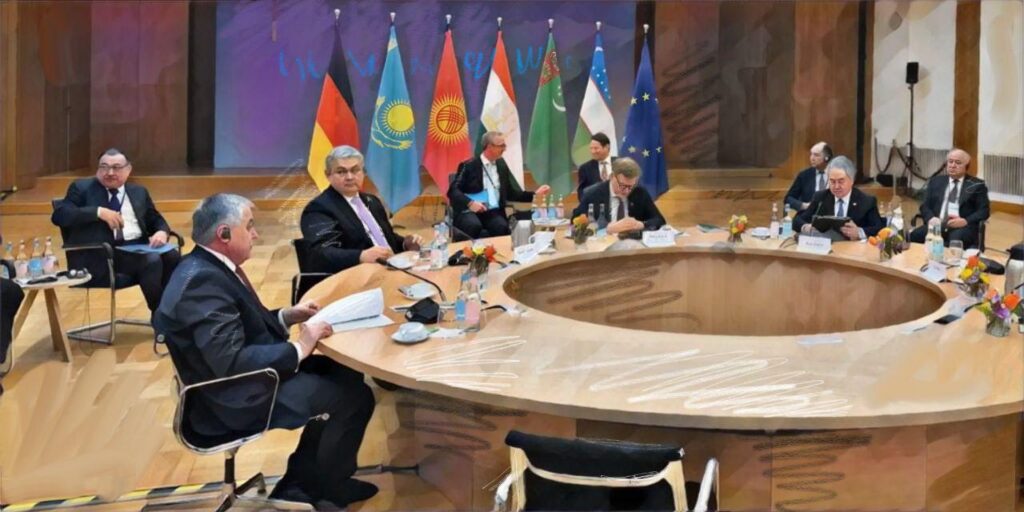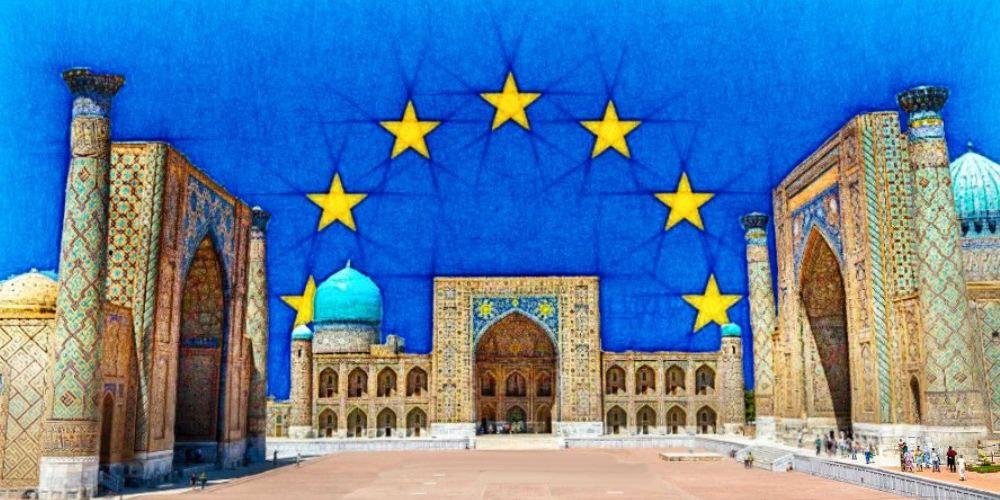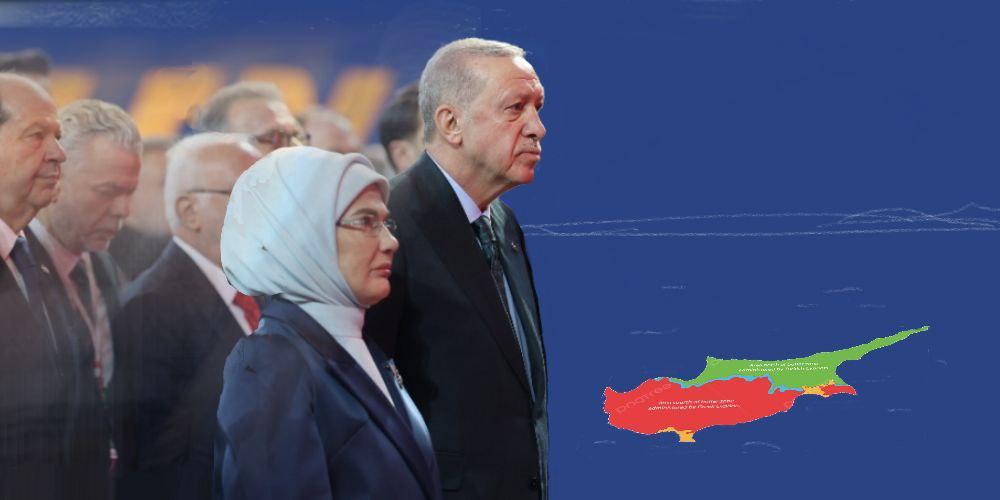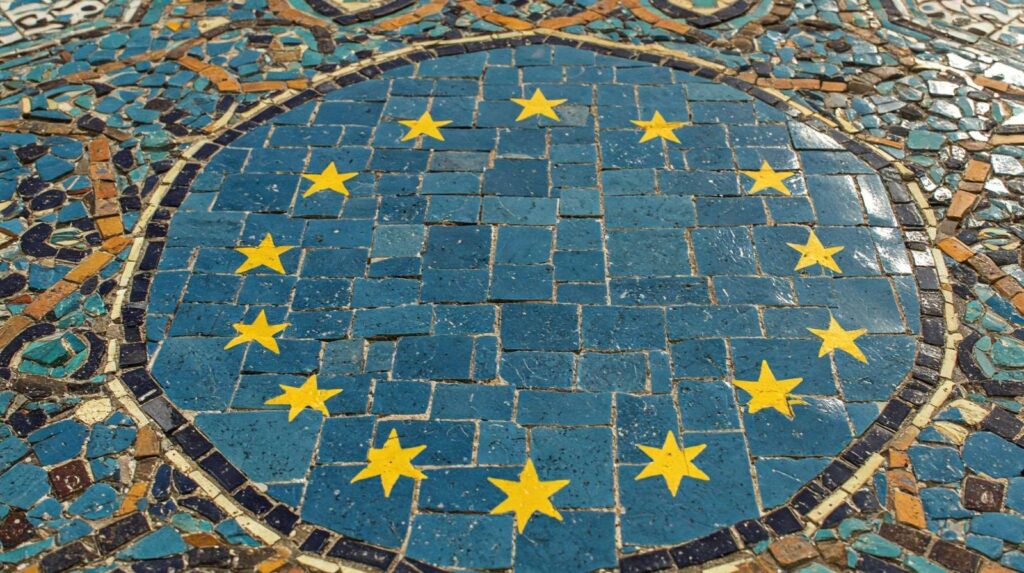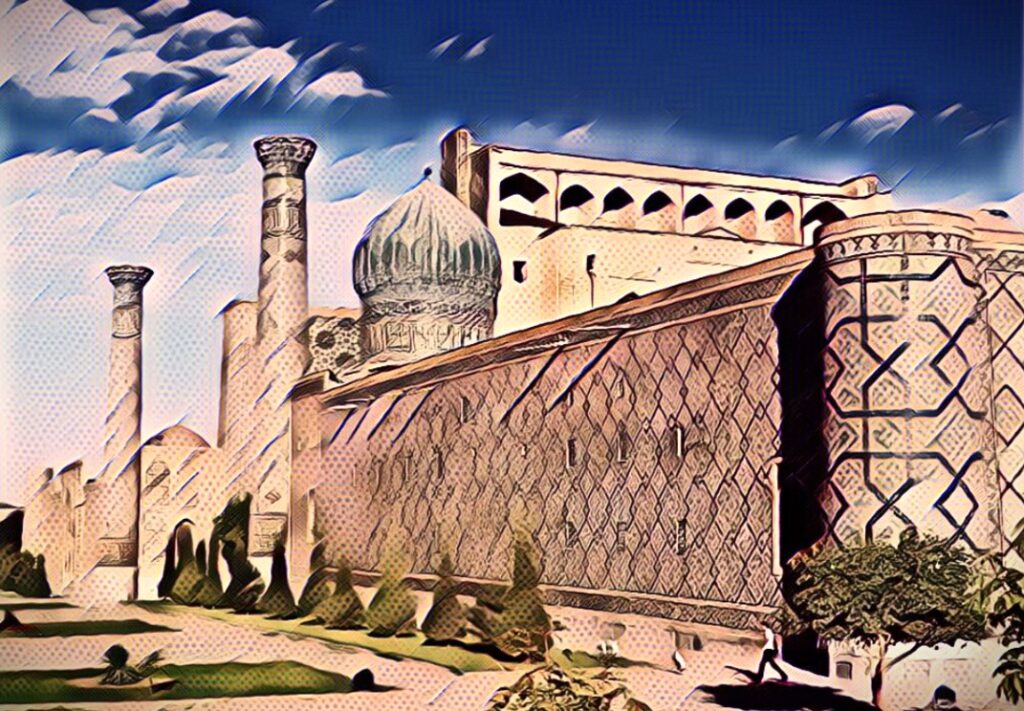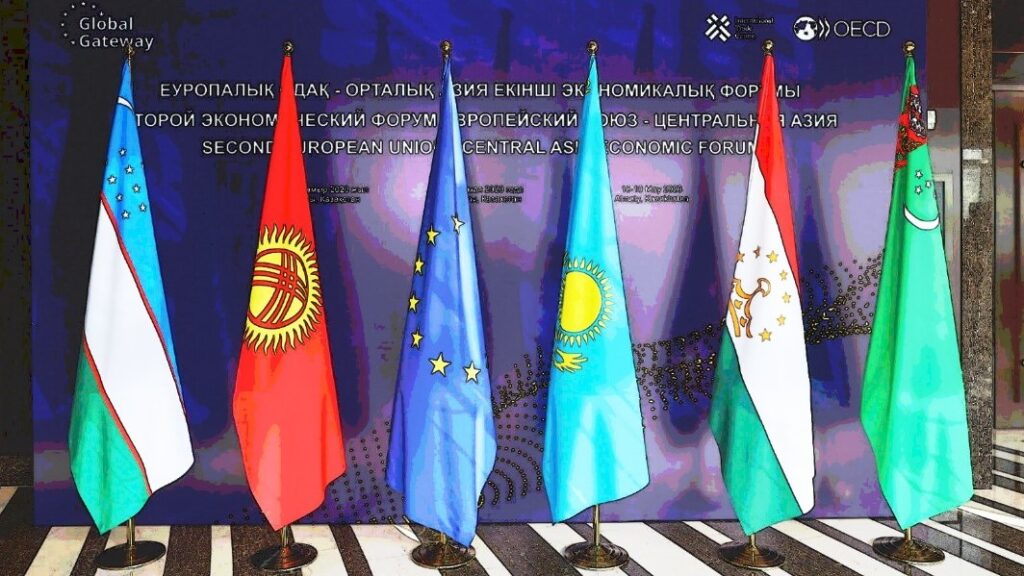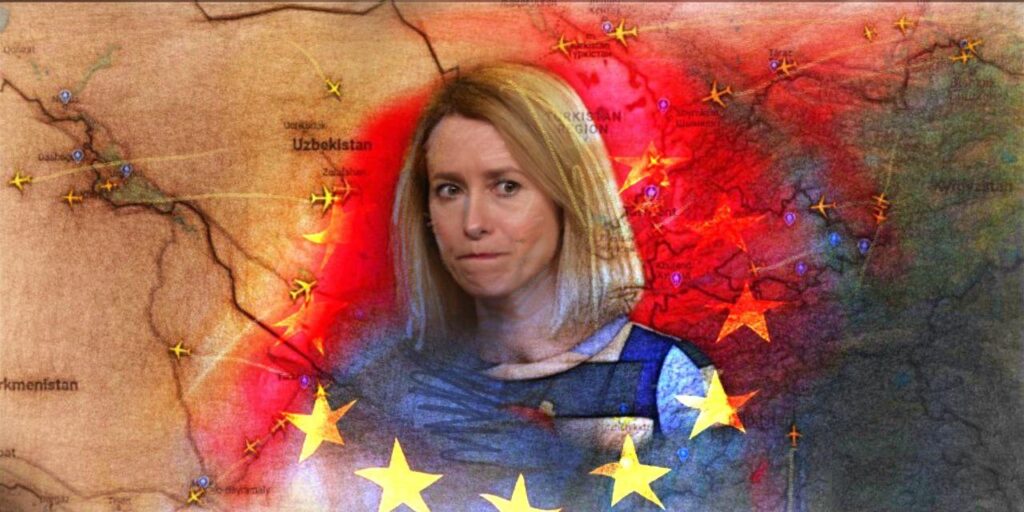The 20th EU-Central Asia Ministerial Meeting took place on March 27 in Ashgabat, Turkmenistan, reaffirming the parties’ strong political will to deepen engagement and strengthen cooperation in strategically significant areas.
The meeting brought together the EU High Representative for Foreign Affairs and Security Policy, Kaja Kallas, along with the foreign ministers of Tajikistan, Turkmenistan, and Uzbekistan, and the deputy foreign ministers of Kazakhstan and Kyrgyzstan.
A key item on the agenda was preparation for the inaugural EU-Central Asia Summit, scheduled for April 4, 2025, in Samarkand, Uzbekistan.
Advancing Strategic Cooperation
Kallas and Central Asian ministers discussed a broad spectrum of mutual priorities under the EU’s Global Gateway Flagship Initiatives, including trade, transport, energy, water resource management, climate change, digitalization, and critical raw materials. Both sides also highlighted advancing cooperation in education, vocational training, research, and skills development to foster deeper people-to-people ties.
In a joint communiqué adopted at the meeting, the EU and Central Asian states reaffirmed their shared commitment to further strengthening their comprehensive partnership, grounded in mutual interests and values. The discussions were guided by the “Joint Roadmap for Deepening Ties between the EU and Central Asia,” previously adopted in Luxembourg in October 2023.
Focus on Connectivity and the Trans-Caspian Corridor
Connectivity emerged as a central theme, with the participants stressing the need to expand sustainable connections between Central Asia and Europe. The EU’s Global Gateway Strategy was highlighted as a key vehicle for supporting regional infrastructure in trade, transport, water, and energy.
The participants recalled the success of the Global Gateway Investors Forum on EU-Central Asia Transport Connectivity, held in Brussels in January 2024. They welcomed commitments by European and international financial institutions to invest €10 billion in the Trans-Caspian Transport Corridor (TCTC), aimed at significantly enhancing East-West transport links.
Critical Raw Materials and Local Value Chains
Another focal point was the growing strategic importance of critical raw materials (CRMs). Ministers reviewed progress following the signing of a Strategic Partnership Memorandum of Understanding between the EU and both Kazakhstan and Uzbekistan in the CRM sector.
The meeting acknowledged EU support for strengthening local value chains in Central Asia. Discussions stressed alignment with international labor and environmental standards and the development of sustainable investment projects across the region.
Sanctions Compliance
The EU also briefed participants on its restrictive measures in the current geopolitical environment, underlining the need to prevent sanctions circumvention. Central Asian countries expressed readiness to continue cooperating with the EU to prevent re-exports of sensitive items, particularly those classified as “high priority.”
Strategic Outlook
The meeting reaffirmed the EU’s 2019 Strategy on Central Asia, which recognizes the region’s increasing strategic relevance to Europe. The Ashgabat gathering further solidified this recognition, highlighting Central Asia’s growing role in regional connectivity, resource security, and global diplomacy.

